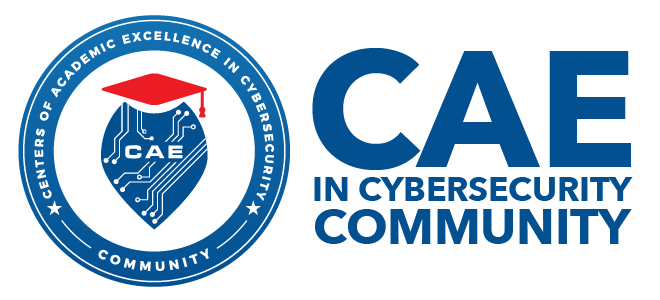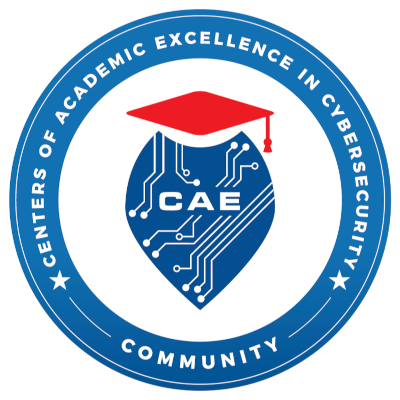Increase Enrollment by Raising Standards
Contrary to the intuition of some administrators and teachers, holding students to high standards improves retention. Establishing expectations early improves the classroom atmosphere because students are much more willing to help other students who put in a serious effort, and because instructor time is not wasted on students who don’t. Students graduating from a rigorous program are much more likely to have a true understanding of the material. This gives them confidence and leaves them prepared for competitions.

